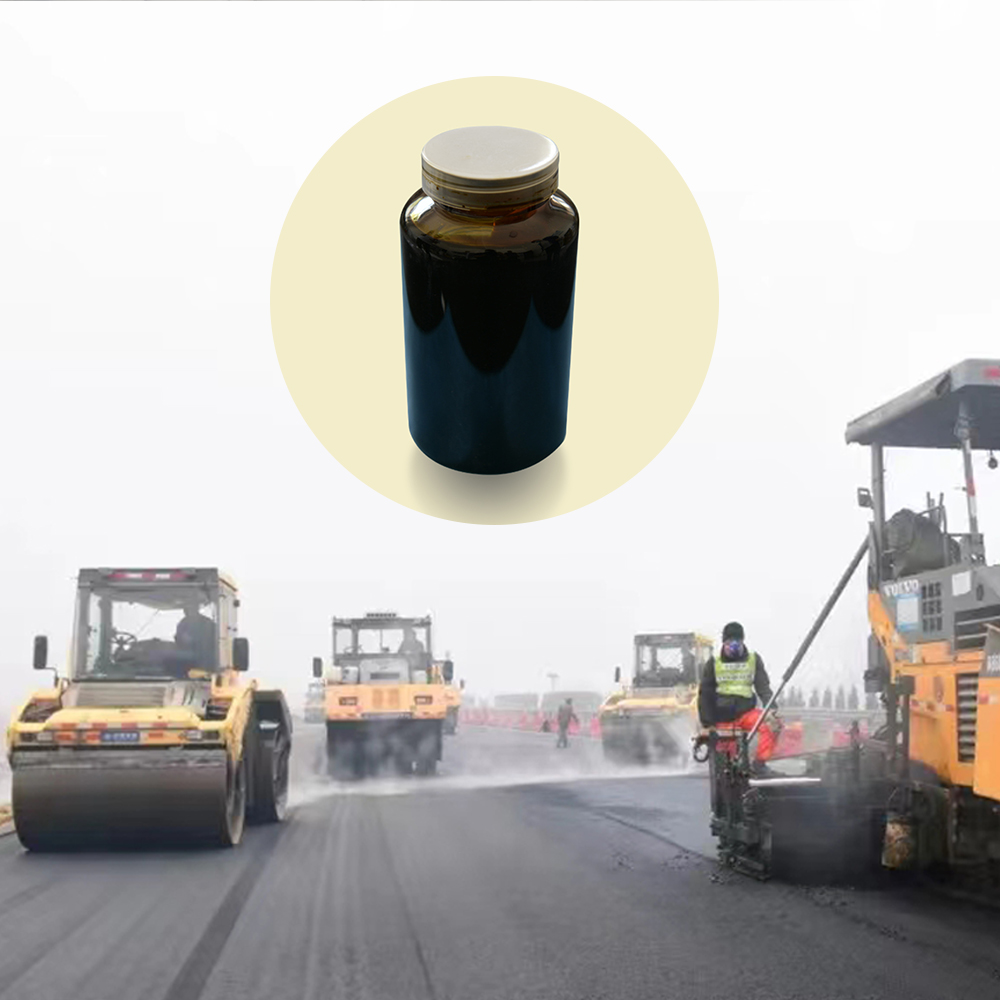Table of Contents
Benefits of Warm Mix Asphalt
Warm mix asphalt (WMA) is a technology that has been gaining popularity in the construction industry in recent years. This innovative approach to asphalt production offers a number of benefits over traditional hot mix asphalt (HMA). One key factor in the success of WMA is the use of bitumen modifiers, which help to improve the performance and durability of the asphalt mix.
| Nr. | Product Name |
| 1 | Bituminous Warm Mixing Compound |
Bitumen modifiers are additives that are mixed with the bitumen binder in the asphalt mix. These modifiers can take many forms, including polymers, fibers, and chemical additives. The addition of these modifiers helps to enhance the properties of the asphalt mix, making it more resistant to cracking, rutting, and moisture damage.
One of the main benefits of using bitumen modifiers in WMA is the ability to lower the production temperature of the asphalt mix. By reducing the temperature at which the mix is produced, energy consumption and greenhouse gas emissions can be significantly reduced. This not only makes WMA a more environmentally friendly option, but also helps to lower production costs for contractors.

In addition to the environmental and cost-saving benefits, bitumen modifiers also improve the workability of the asphalt mix. The use of modifiers helps to reduce the viscosity of the bitumen binder, making it easier to work with during the mixing and laying process. This results in a smoother, more uniform pavement surface that is less prone to segregation and other defects.
Another advantage of using bitumen modifiers in WMA is the improved performance of the asphalt mix. The modifiers help to enhance the elasticity and flexibility of the asphalt, making it more resistant to fatigue and thermal cracking. This results in a longer-lasting pavement that requires less maintenance over its lifespan.
Furthermore, the use of bitumen modifiers in WMA can help to extend the paving season. Because WMA can be produced at lower temperatures, it can be laid in cooler weather conditions than HMA. This allows contractors to extend their paving season and take on more projects throughout the year.
Overall, the benefits of using bitumen modifiers in warm mix asphalt are clear. From reducing production costs and environmental impact to improving pavement performance and extending the paving season, bitumen modifiers play a crucial role in the success of WMA. As the construction industry continues to embrace sustainable and cost-effective practices, the use of WMA with bitumen modifiers is sure to become even more widespread in the years to come.

